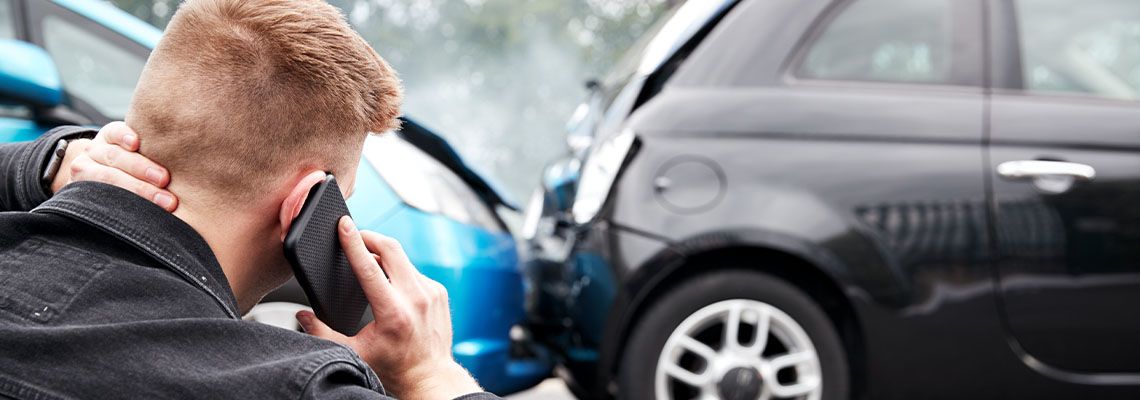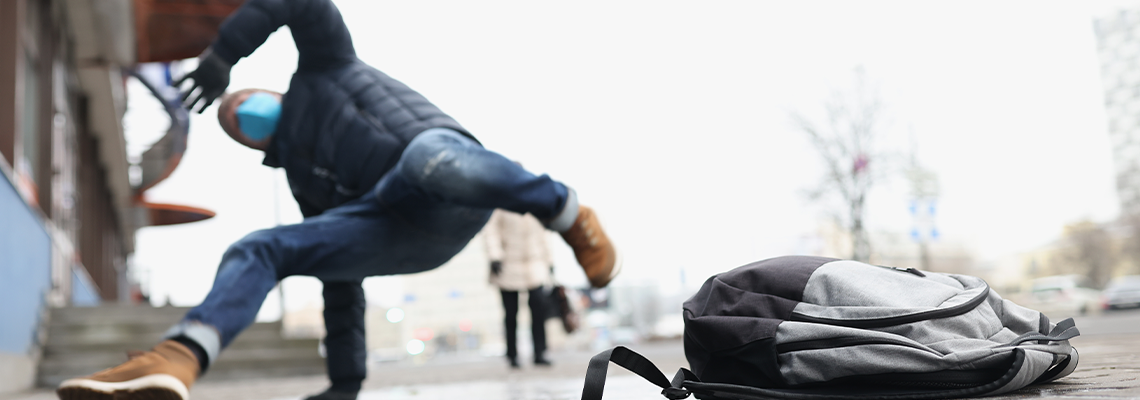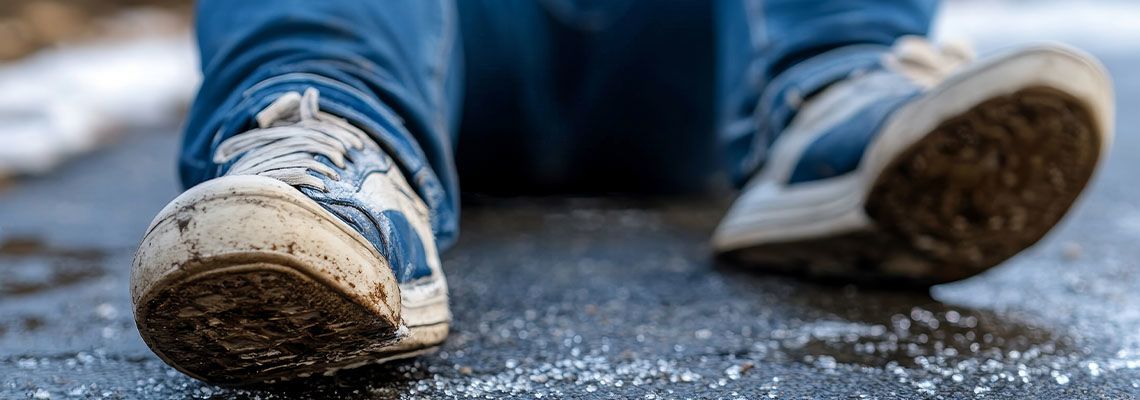If you have been injured because of another party's negligence, the resulting legal claim can feel like a foreign world with its own language. Understanding the types of compensation available is a fundamental step in the personal injury process.

How to Document the Details of Your AccidenT
In Los Angeles, traffic fatalities in 2022 reached the highest level in two decades, with 312 people losing their lives in traffic accidents. That represents a 5 percent increase over 2021 and a 29 percent increase over 2020. In all, there were 36,562 accidents in the City of Angels in 2022—roughly 100 accidents a day on average.
California is an at-fault auto insurance state, which means that the driver responsible for the accident is liable to compensate the injured for their injuries, including medical and treatment expenses, any wages lost due to time off from work to recover, and noneconomic damages such as pain and suffering.
Generally, this means the victim must seek a claim against the at-fault driver’s insurance policy. Insurance companies, however, are ever mindful of the bottom line. To protect their profitability by safeguarding any settlements they give out to accident victims, insurers have teams of highly trained claims adjusters to deal with those seeking compensation for their injuries. They do this by challenging what you say and demanding solid medical evidence, plus proof that their insured driver was truly at fault.
Something you can do as a claimant to bolster your case is to document every aspect of what happened, not only at the time of the crash but afterwards, as you seek and obtain medical evaluations and corresponding treatments. The more specific and comprehensive the documentation, the better an evidentiary tool it becomes.
If you or a loved one has been injured in an auto accident in or around Los Angeles, contact me at Antaramian Law, APC. For many years I worked as an attorney for the insurance industry, and I know exactly how they operate. I can guide you on preparing your own first-hand account, as well as help you assemble the medical evidence needed. I will also handle all communications and contact with the claims adjuster for you. From my office in Glendale, California, my firm proudly serves clients across Los Angeles, California, and in other communities throughout southern California in counties including Los Angeles, Ventura, San Bernardino, Riverside, Orange, and Kern. Reach out to my firm today for support.
What to Do After an Accident
Of course, your first priority is your own health and well-being. You should call 911 if you need medical assistance. If you’re not that injured, you still should call 911 to report the accident. If police come to investigate, you can always request a copy of their report to be used in your claim.
As for injuries, you don’t often feel them right away due to an adrenaline rush. Injuries might not appear until hours, days, or even weeks later. Therefore, it is essential to get evaluated immediately, even if you have no symptoms. Also, keep receipts of all medical appointments, and be prepared to request any test results such as an X-ray or MRI that you can submit with your claim.
Other steps to take to document the accident is to take pictures or videos of the scene, including any stoplights or traffic signs that were ignored by the other driver. If there are any witnesses, such as bystanders, or drivers who pulled over to help, talk to the witnesses to get their description of what happened, along with their respective contact information.
Then, as soon as possible, you need to start documenting what happened in your own words. You can do this through a recording on your phone or by writing it out using a computer. Whatever the format, it must be able to be transferred to your attorney and the insurance company via electronic means in digital format.
Importantly, contact a personal injury attorney. Your attorney will advocate for you to get the compensation you deserve after an injury, and guide you through the legal process, from your first meeting until the case is closed—and beyond. Don’t face this alone, and get the support of my firm's knowledgeable and effective legal advocacy today.
What to Include in Your Personal Documentation
Of course, the starting point is to describe what happened at the time of the accident, in as much detail as possible—time, location, actions of the other driver you’re claiming to be at fault, what that driver said to you (if anything), plus any witness testimony details. However, you can’t stop there.
You should keep the diary, or documentation, going. Include any doctor visits—date, what the doctor said, tests taken or ordered. You should also include personal details about how you’re feeling. Discuss your pains, your symptoms, and how they’re affecting your life.
Also don’t overlook your economic losses. Maybe you missed time from work and had to use vacation or sick days, or didn’t get paid at all because of the length of time absent. If you were unable to go on a job interview, that should be included. Even if you had to miss a family gathering or outing or vacation, mention that as well. All these losses can factor into your settlement.
Document Your Personal State as Well
Trauma is a powerful word, and accident victims may be hesitant to say they suffered trauma after a car accident, but anxiety, depression, anguish, fearfulness, apprehension, issues with sleep, recurring nightmares, anguish, and even Post Traumatic Stress Disorder (PTSD) are common in the aftermath of injuries sustained in a car accident. These all fall under the category of noneconomic losses and can be compensated.
Reach Out Immediately
You don’t want to deal with a claims adjuster on your own. They’re out to pin as much of the fault on you as possible and minimize your pains and injuries so they can lowball or even deny your settlement. Contact me at Antaramian Law, APC and let me deal with the adjusters. I will also guide you on assembling the proper medical and documentary evidence to bolster your case and strengthen your settlement offer.
RECENT POSTS
When you walk into a store, visit a friend's apartment, or grab dinner at a restaurant, you expect the space to be safe. Unfortunately, dangerous conditions exist, and accidents happen.



